Discover the surprising reasons why these popular American foods are forbidden across the Atlantic.
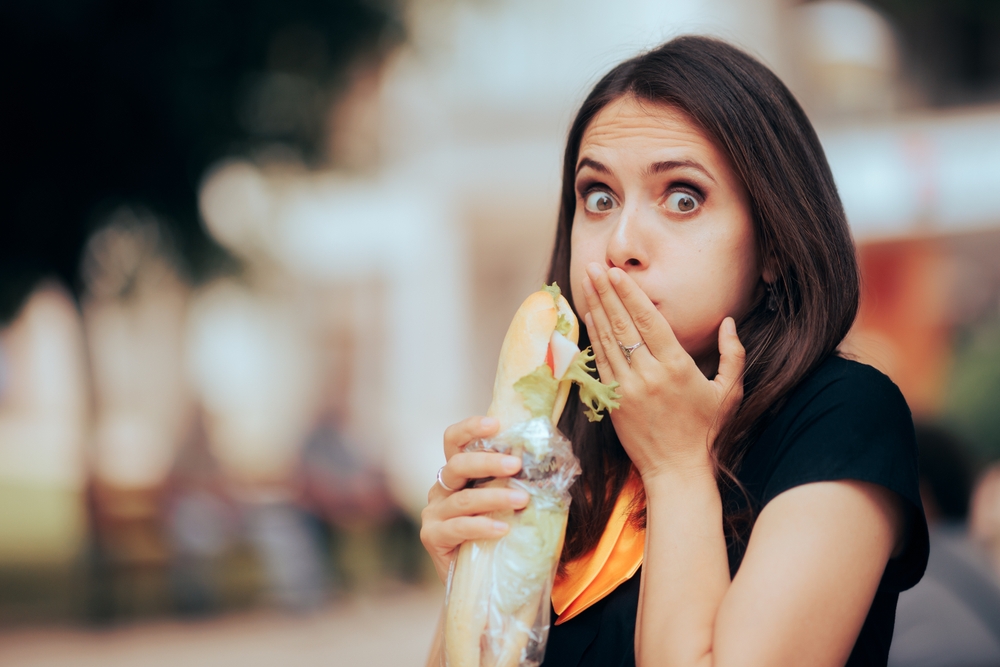
The United States is known for its diverse and indulgent food offerings, but not all of these make the cut overseas. Many popular U.S. foods are banned in Europe due to differences in regulations, ingredients, or safety standards. From breakfast staples to snacks, these items raise eyebrows in European countries.
This list explores 11 American foods that Europe has deemed too risky, revealing the controversies behind their ingredients and production methods.
1. Skittles are banned due to artificial food dyes
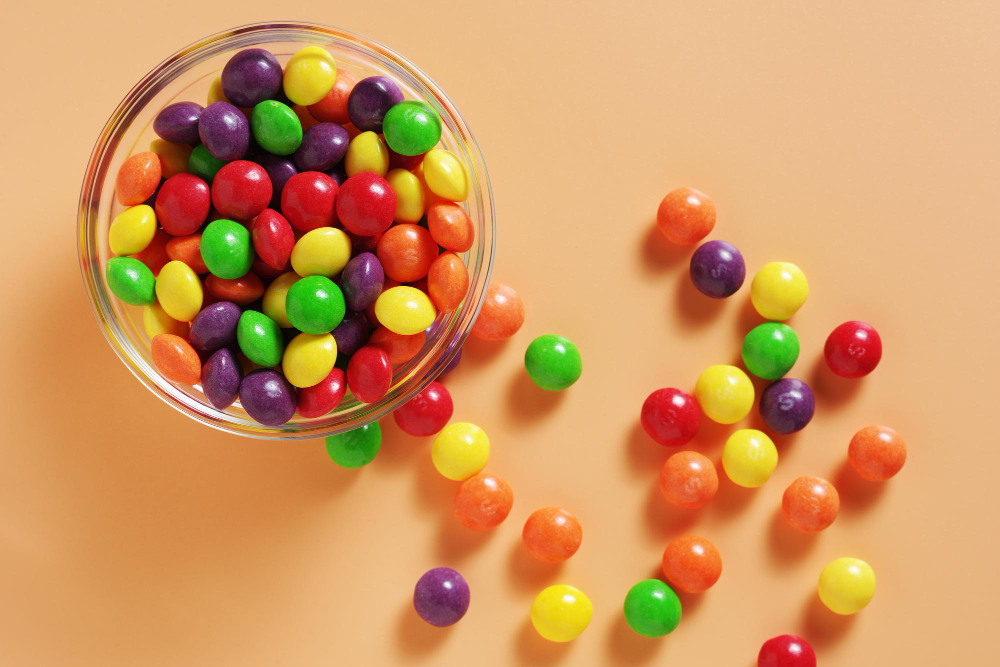
Skittles, the colorful candy beloved by Americans, are banned in parts of Europe because they contain artificial food dyes like Yellow 5 and Red 40. These dyes are linked to potential health risks, including hyperactivity in children, prompting stricter regulations in the European Union. European alternatives often use natural coloring derived from fruits and vegetables. While Skittles remain a sweet staple in the U.S., their vibrant hues have sparked concerns and led to their prohibition across the Atlantic.
2. Mountain Dew is prohibited because of brominated vegetable oil
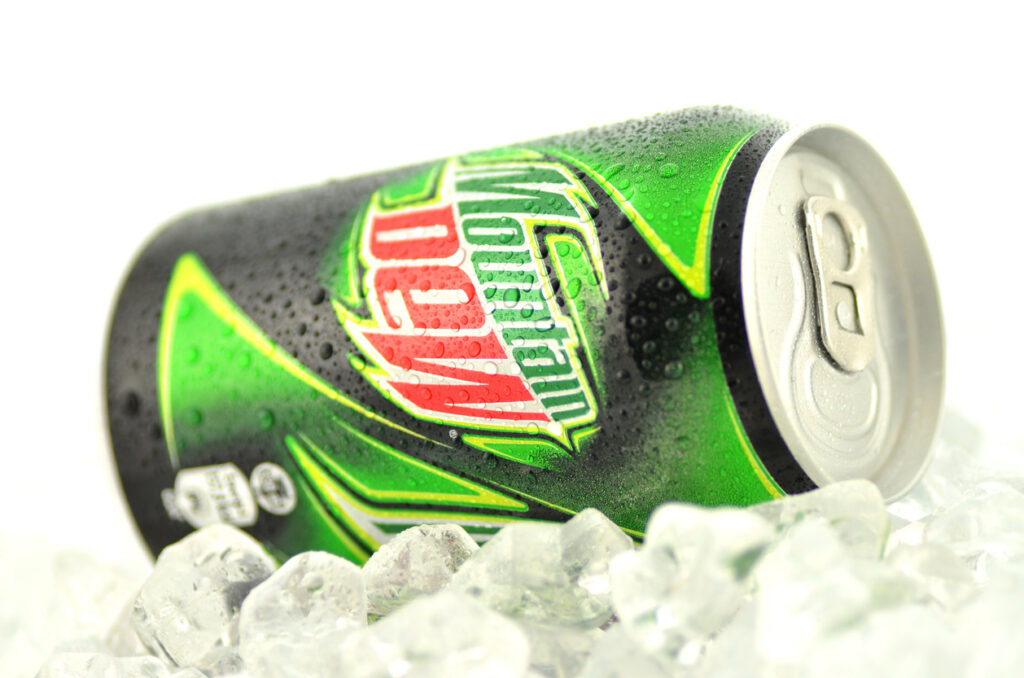
Mountain Dew, a bright-yellow soda, is banned in Europe because it contains brominated vegetable oil (BVO). BVO is used as an emulsifier in beverages but has been linked to potential health risks, such as organ damage and hormone disruption. The European Union prohibits the use of BVO in food and beverages, prioritizing safer alternatives. While Mountain Dew remains a favorite soft drink in the U.S., its controversial ingredient has kept it off European shelves.
3. Farm-raised salmon is forbidden due to synthetic additives
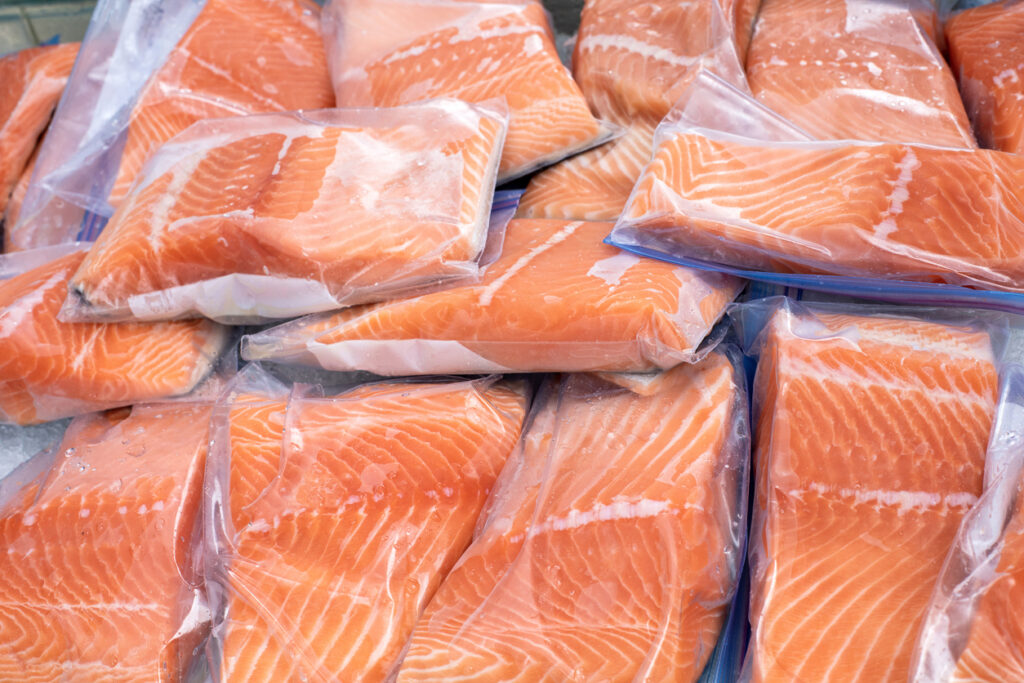
Farm-raised salmon sold in the U.S. is often banned in Europe because of synthetic additives like astaxanthin, which are used to enhance the fish’s pink color. European standards require natural alternatives to achieve the same effect. Additionally, concerns about the use of antibiotics and other chemicals in U.S. aquaculture have led to stricter regulations in the EU. For these reasons, many Europeans prefer wild-caught salmon over farm-raised varieties from the United States.
4. Chlorine-washed chicken is not allowed under EU regulations
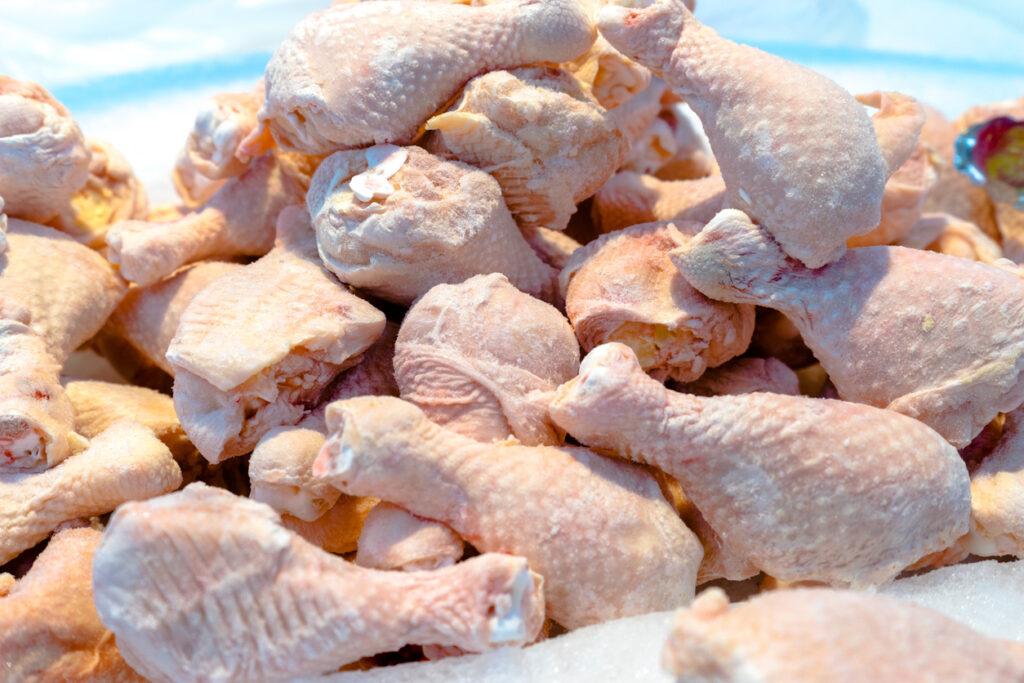
In the U.S., chickens are commonly washed in chlorine to kill bacteria and ensure food safety. However, the European Union prohibits this practice, citing concerns about animal welfare and the potential risks of chlorine exposure. European regulations prioritize preventative measures, such as better living conditions for poultry, over chemical treatments. This difference in approach has led to the ban of chlorine-washed chicken in Europe, sparking ongoing debates about food safety standards.
5. Cereals with artificial dyes are restricted due to health concerns
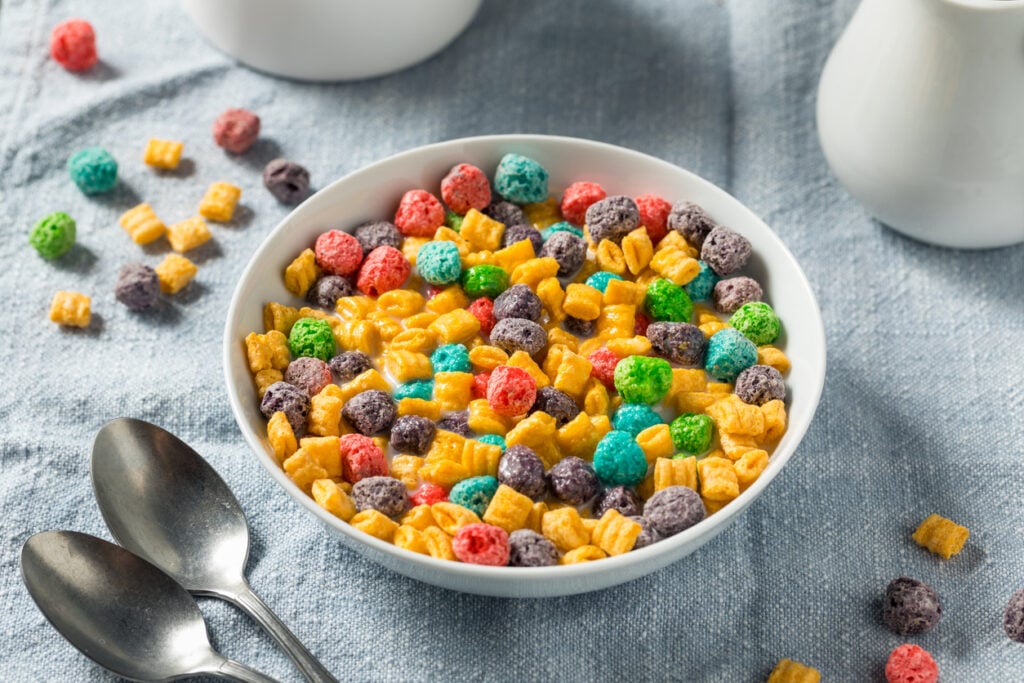
Many popular American cereals, such as Froot Loops and Lucky Charms, are banned in Europe because they contain artificial food dyes like Blue 1 and Yellow 6. These dyes are associated with hyperactivity in children and other health issues, prompting stricter regulations in the EU. European versions of these cereals use natural alternatives to achieve their colorful appearance. While these cereals remain breakfast staples in the U.S., their artificial ingredients have caused controversy abroad.
6. Ractopamine-treated pork is prohibited for safety reasons
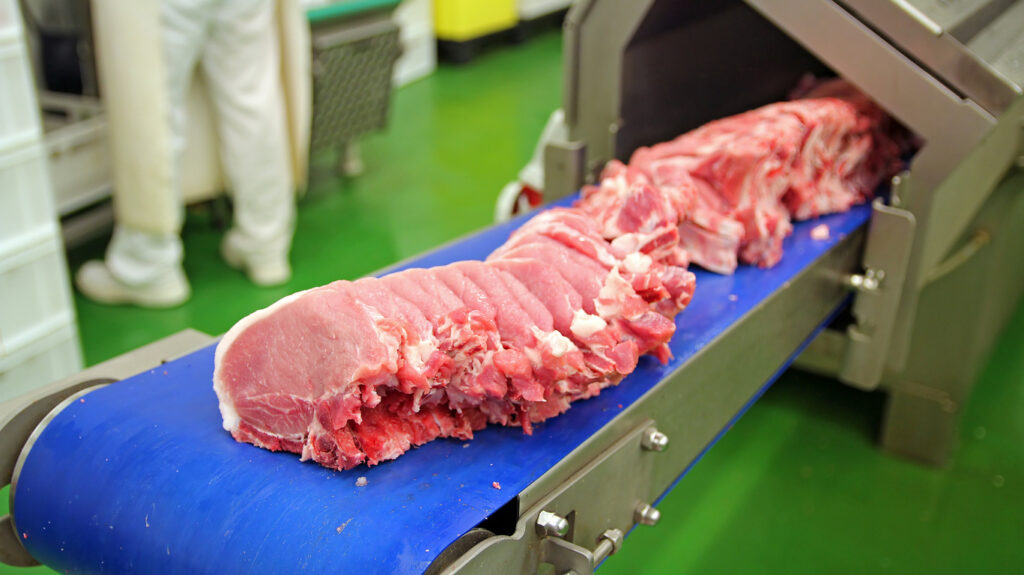
Ractopamine, a feed additive used in U.S. pork production to promote lean muscle growth, is banned in Europe due to health concerns. Studies suggest that ractopamine residues in meat could pose risks to humans, including cardiovascular issues. The European Union has adopted a zero-tolerance policy for this additive, requiring pork imports to meet their stringent standards. This regulatory difference has created a divide in pork production practices between the U.S. and Europe.
7. American-style bread is banned for containing potassium bromate
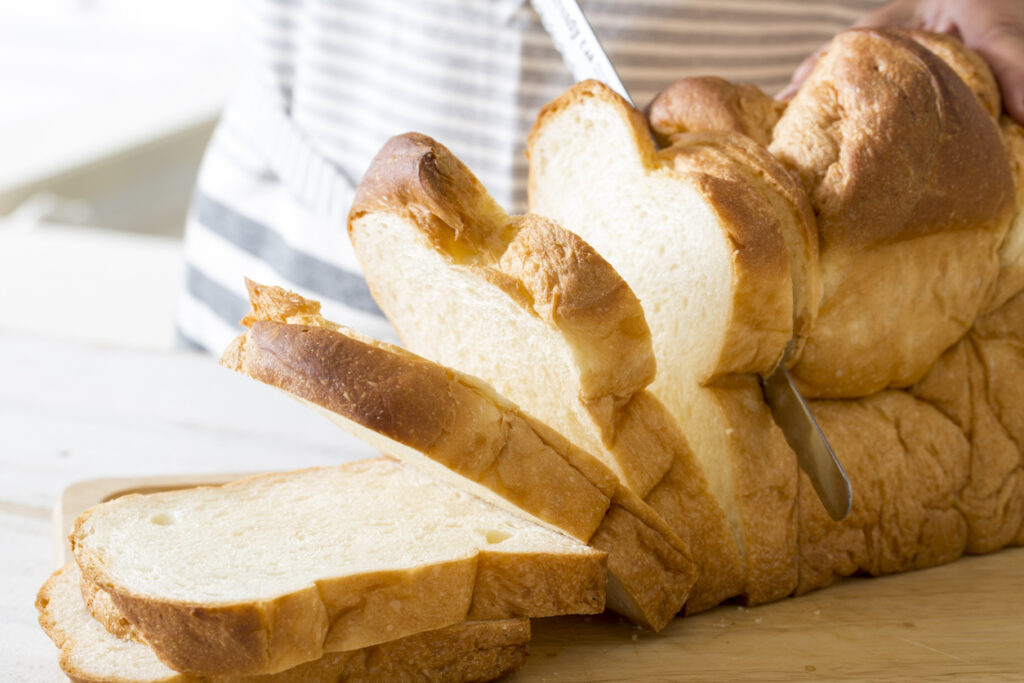
Potassium bromate, a chemical used to strengthen dough and improve bread texture, is banned in Europe due to its classification as a potential carcinogen. Despite being common in American-style bread, the European Union prohibits its use, favoring safer alternatives like ascorbic acid. This ban reflects Europe’s precautionary approach to food safety, prioritizing consumer health over production convenience. For travelers, this often means bread abroad has a different texture and flavor profile compared to U.S. versions.
8. Processed cheese is restricted for containing high levels of additives
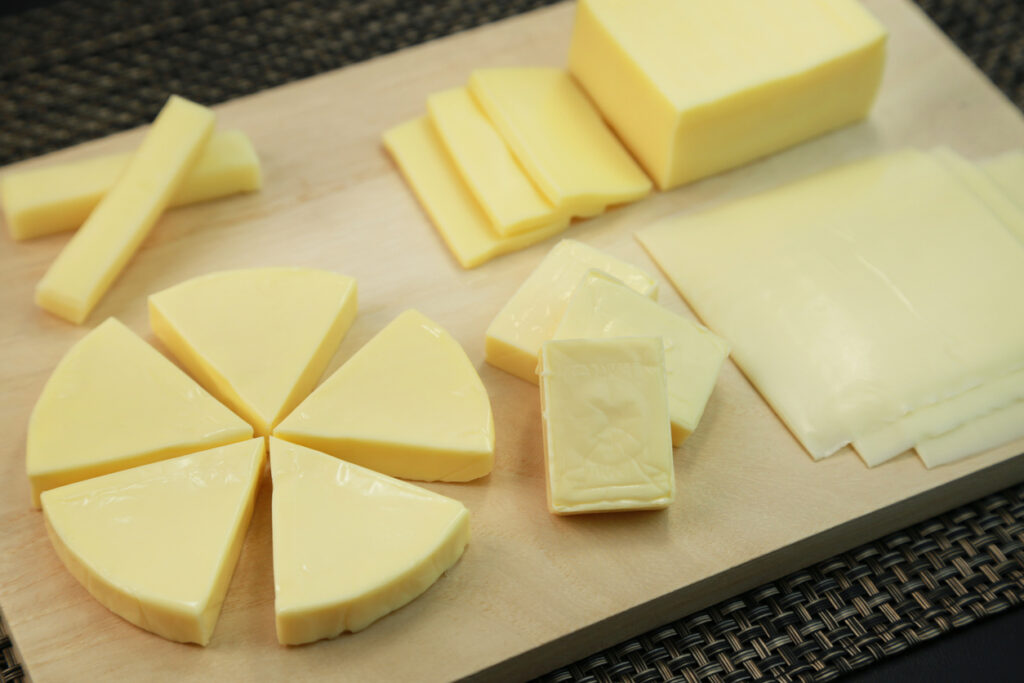
Processed cheese products, such as American cheese slices, are banned in Europe due to their high levels of artificial additives and preservatives. European food standards emphasize natural ingredients, making these processed products non-compliant with regulations. In contrast, traditional European cheeses like Brie or Gouda rely on simple, natural processes. The restrictions highlight a cultural difference in how cheese is produced and consumed, with Europe favoring artisanal methods over highly processed alternatives.
9. Artificially enhanced beef is prohibited due to hormone use
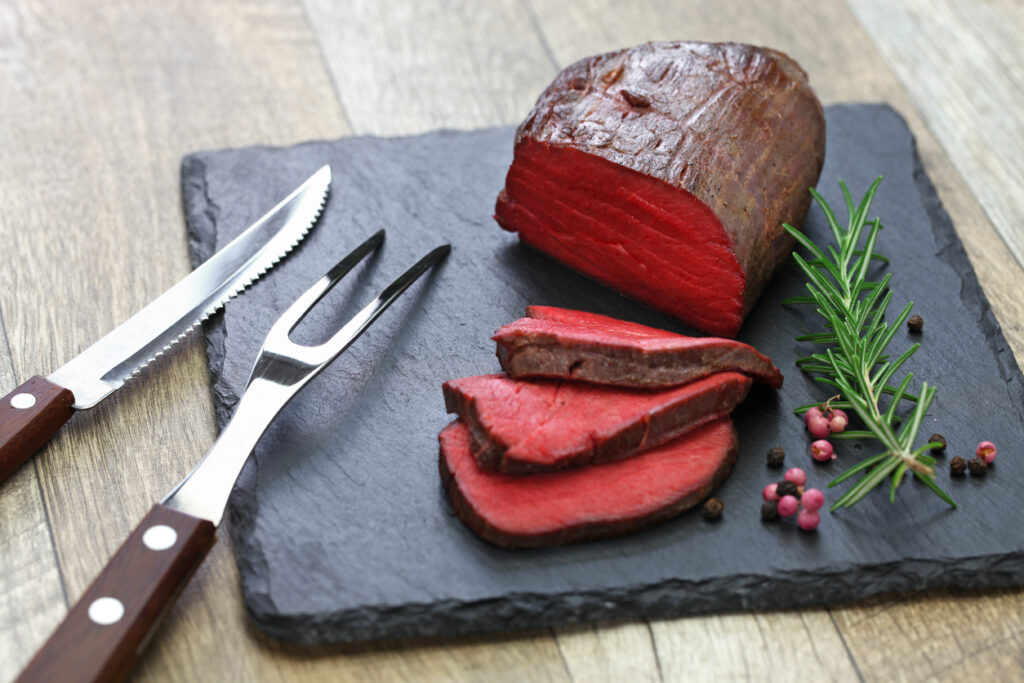
The European Union bans beef from cattle treated with growth hormones, a common practice in the United States. These hormones, such as estradiol and testosterone, are used to promote faster growth but are linked to potential health risks, including hormone imbalances in humans. Europe’s ban reflects a precautionary approach to food safety and animal welfare. This difference has led to restrictions on importing U.S. beef, fostering debates about agricultural practices and global food standards.
10. Instant mashed potatoes are restricted for containing butylated hydroxyanisole
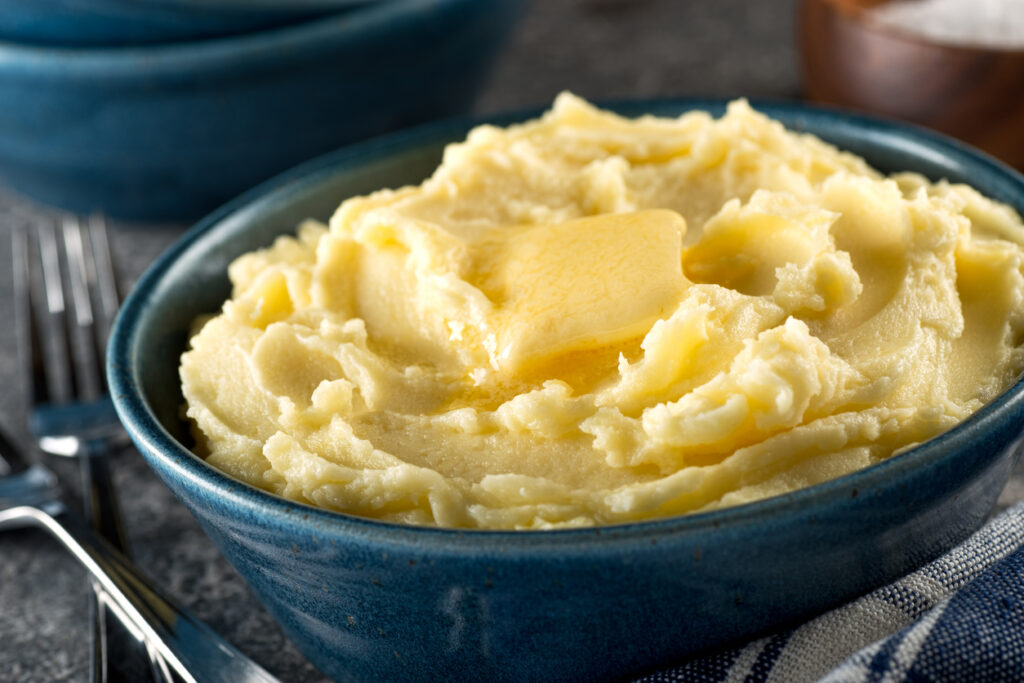
Instant mashed potatoes in the U.S. often contain butylated hydroxyanisole (BHA), a preservative used to extend shelf life. BHA is banned in Europe due to its classification as a potential carcinogen. European food regulations prioritize natural preservation methods over synthetic additives. This ban highlights the EU’s stricter approach to food safety and ingredient transparency, offering consumers products free from controversial chemicals.
11. Little Debbie snacks are banned due to artificial trans fats
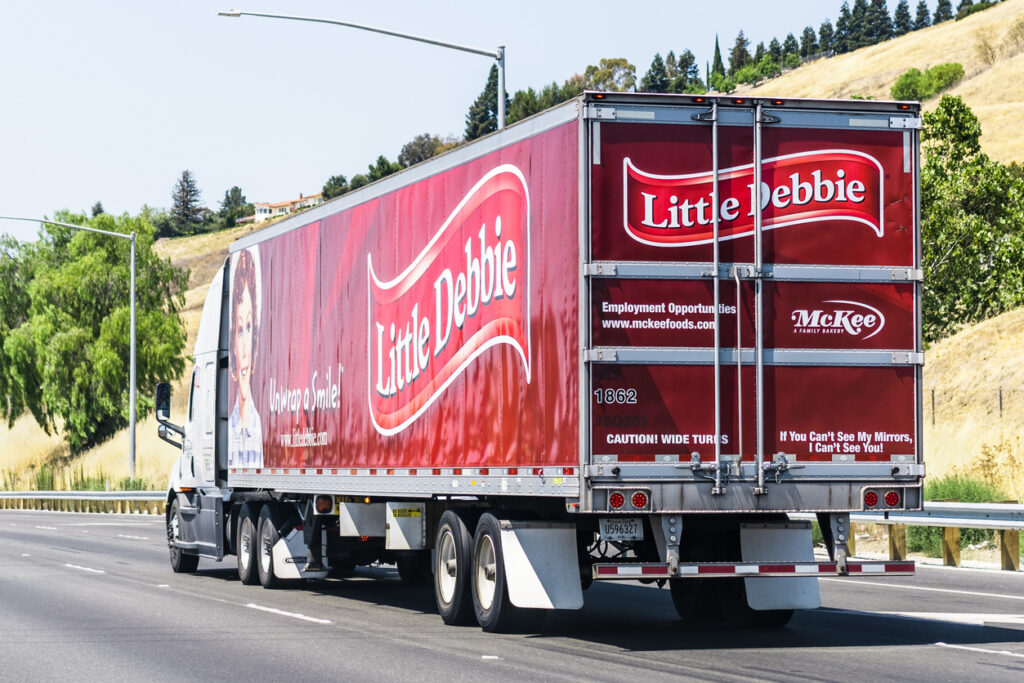
Little Debbie snacks, a favorite treat in the U.S., are banned in Europe because they contain artificial trans fats. These fats are linked to serious health risks, including heart disease, prompting the European Union to ban their use in food products. In contrast, the U.S. allows certain levels of trans fats in processed foods. Europe’s stricter stance reflects its commitment to promoting healthier eating habits and protecting consumers from potentially harmful ingredients.
